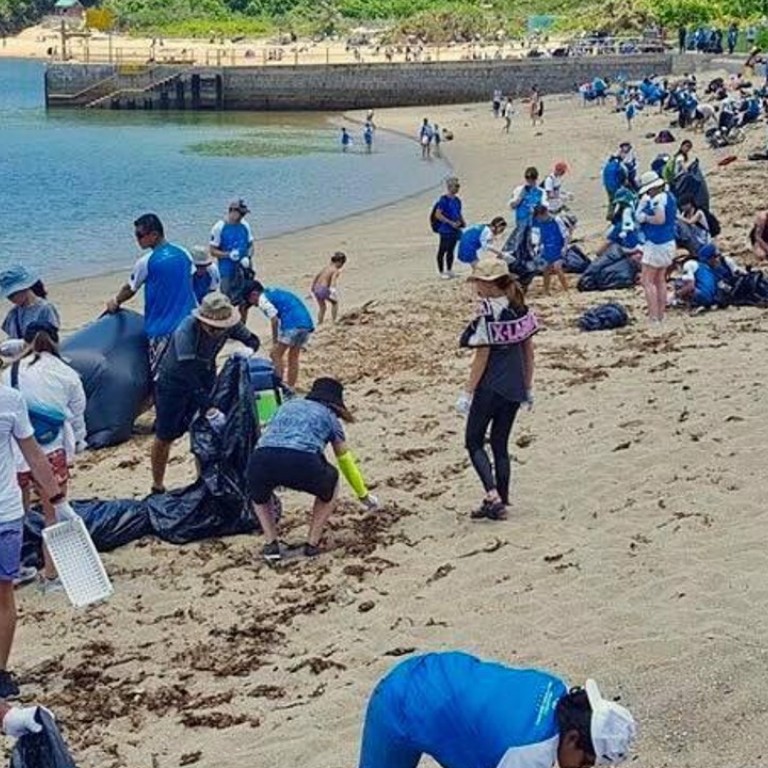
Lamma Island beach clean-up for sea turtles draws 2,000 volunteers as sightings of the creatures dwindle
Long queues of volunteers – many of them domestic helpers – headed to Turtle Beach on Sunday to clear plastic and trash that is supposedly preventing sea turtles from laying eggs there
More than 2,000 volunteers braved scorching temperatures on Sunday to take part in a mass clean-up at Sham Wan on Lamma Island.
Known as Turtle Beach, the area is one of a few nesting grounds in southern China for endangered sea turtles, and is closed to the public between June and October – a measure introduced a decade ago to protect the area from human impact.
Drugs and syringes still washing up on Hong Kong beaches
But environmentalists say the situation regarding the sea turtles is dire, with few sightings in the area, and warn rubbish in the area is preventing them from laying eggs. They say turtles are also eating plastic bags, mistaking them for jellyfish.
Long queues of volunteers formed at the ferry terminal in Central, many of them domestic helpers who were giving up their one day off a week from cleaning homes to help clean the beach.
Organisers say temperatures in direct sun were already at 48.3 degrees Celsius at 9am, as Hong Kong swelters in the hottest month of May since records began in 1963.
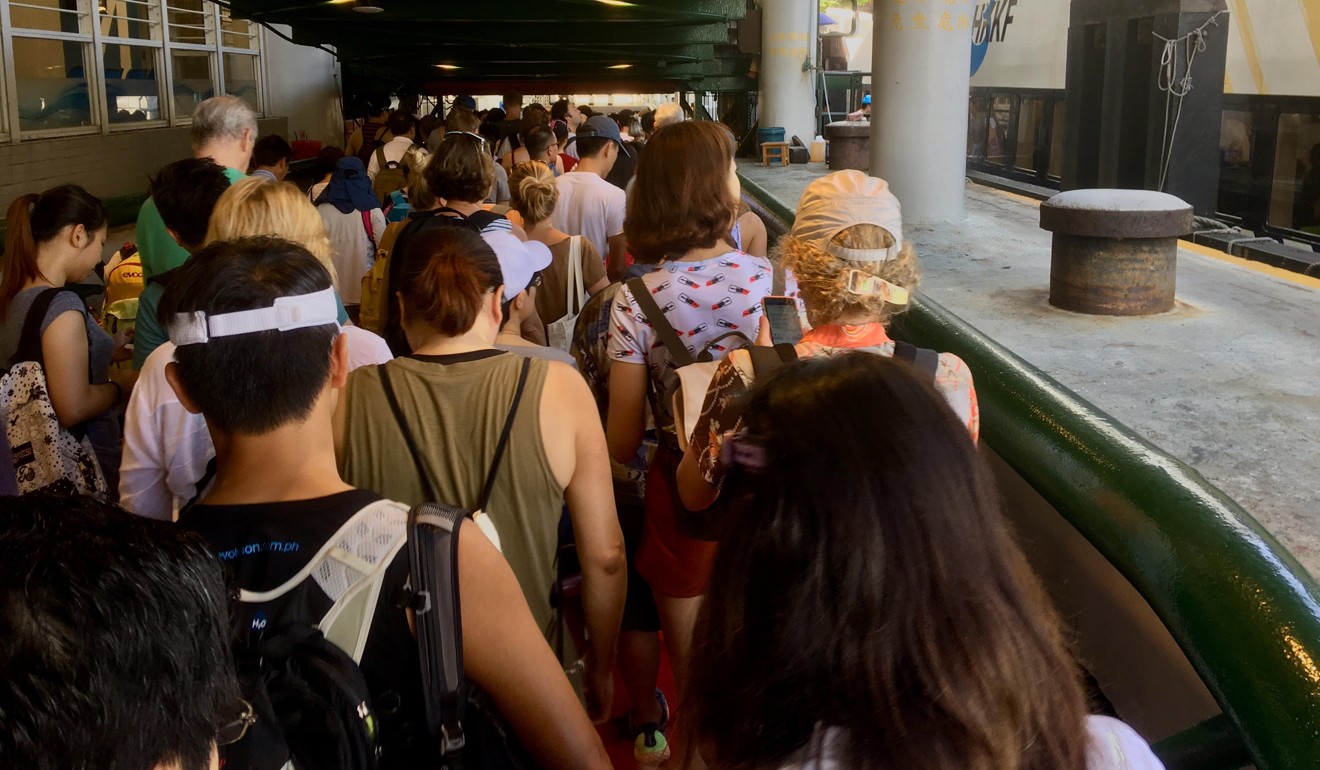
By the day’s end, 187 bags – more than 1,300kg – of rubbish was cleared, with a further 70kg of plastic and trash removed by divers from the bottom of a bay in Sham Wan. They also retrieved 50kg of ghost nets – commercial fishing nets that have been lost, abandoned or discarded at sea and that are responsible for trapping and killing millions of marine animals such as sharks, turtles, dolphins and whales.
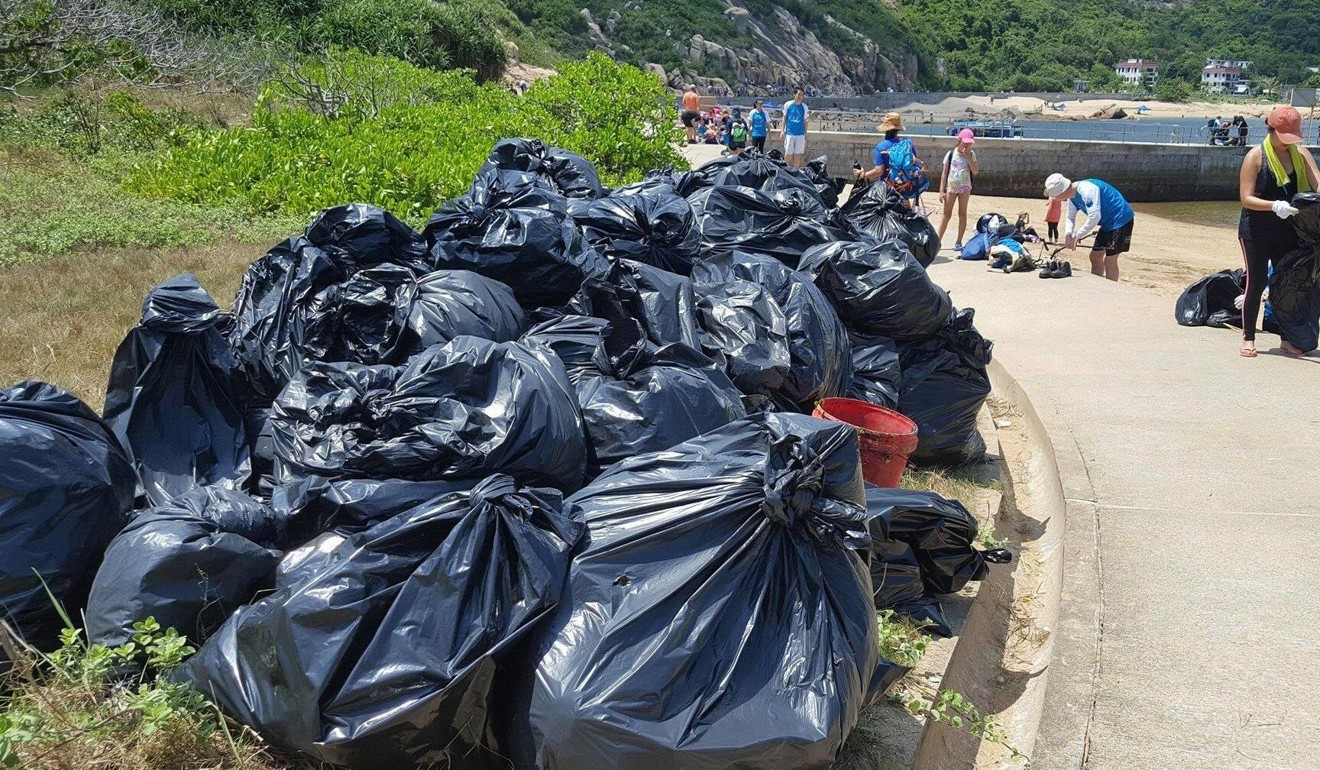
The oldest participant was 83, and the youngest just three. More than 30 nationalities took part.
Among the volunteers were members of MamaHelpers, an online platform connecting domestic helpers with employers and agencies.
“We’re all about giving back to the community and our purpose of joining this event is to do just that, as well as to help protect the environment,” says member Jensen Go as he posed for a picture among the pink-T-shirt-wearing group.
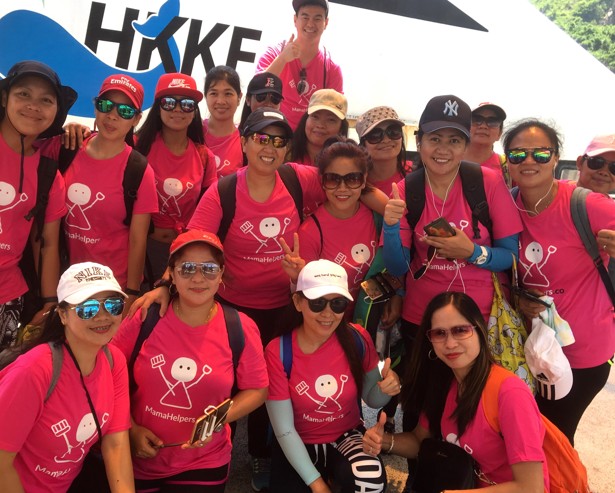
Hong Kong actress and environmentalist Sharon Kwok also took part, as did Democratic Party lawmaker Ted Hui. He is expected to raise the issue at the Legislative Council environmental panel today.
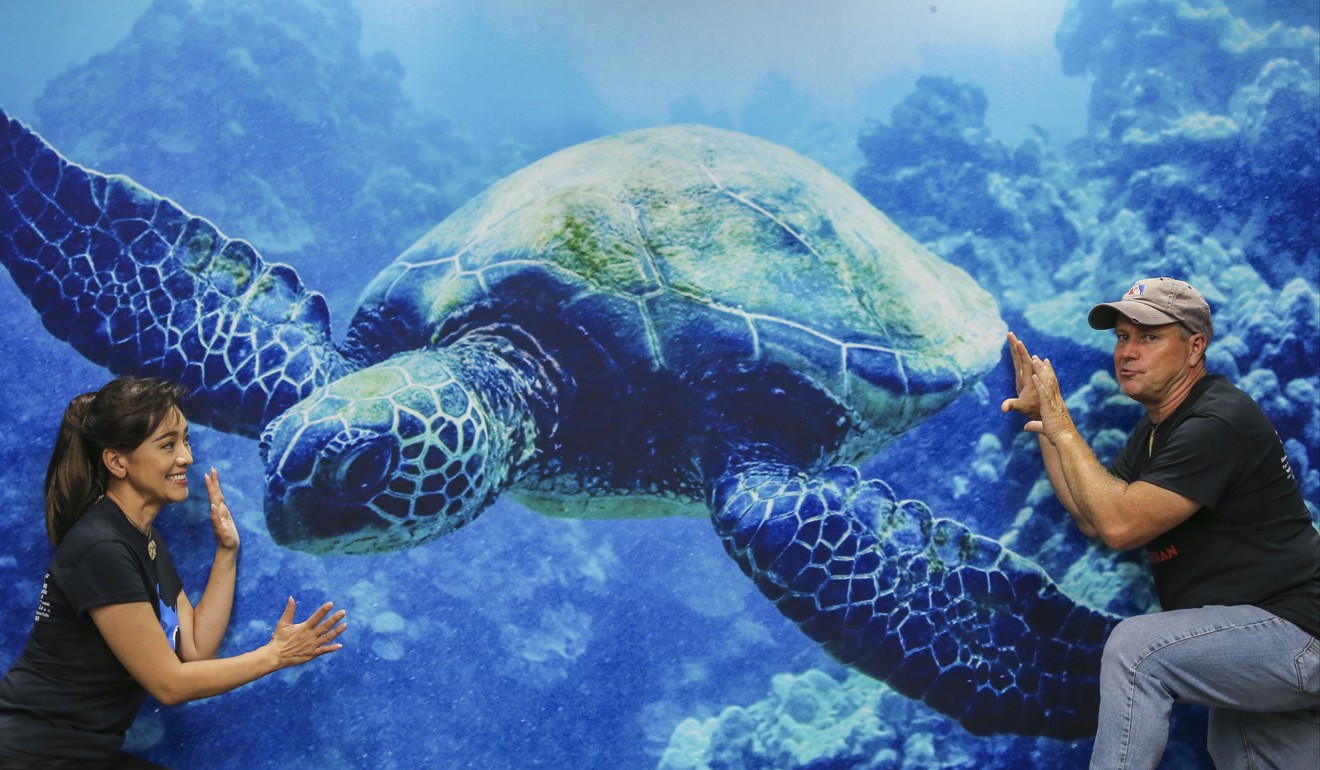
Last Friday environmentalists met at the US consulate in Hong Kong, calling on the government to expand restrictions around Sham Wan in the hope that the green turtles will return home to nest. Proposals included tighter restrictions governing pleasure boats in the area.
“Last June I saw jet skis, banana boats and people water skiing, as well as a group of 50 people holding a cricket game on the beach during what should have been the middle of the closed season,” says Robert Lockyer, director of operations at the Aquameridian Conservation and Education Foundation, a main organiser of the beach clean-up.
“Over the years we’ve also recorded commercial vessels net fishing in Sham Wan, and even today, as we are seated here, there is a fleet of purse fishing boats that are legally trawling this bay. Sadly our ever diligent Marine Police and AFCD [Agriculture, Fisheries and Conservation Department] officers are powerless to stop this type of fishing within the bay during the sea turtle nesting period as it’s not prohibited.”
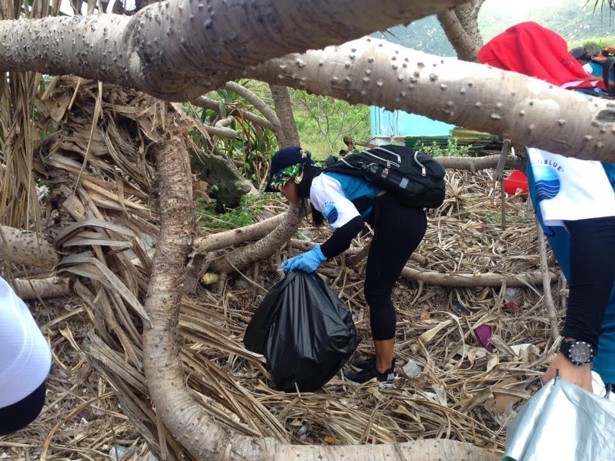
We can all do something simple to help protect sea turtles, and that is to stop buying sea turtle products
The weekend’s clean-up took place as environmental organisation WildAid launched a campaign to end the trade of sea turtles in China. All seven species face threats in the country including habitat loss, ocean pollution and the consumption of their meat, eggs and products made from their shells.
WildAid says that while all species are listed on Cites Appendix I, prohibiting any form of trade in their products, a significant illegal trade continues, primarily in Asia and Central America.
“We can all do something simple to help protect sea turtles, and that is to stop buying sea turtle products,” Liu said in a statement. “We should also reduce our use of plastics, and keep plastic waste away from coastlines.”
WildAid says that in recent years a high number of trade networks have been operating around the Coral Triangle, the South China Sea, and the border areas of China and Vietnam. Since 2013, a reported 1,100 live sea turtles have been confiscated from illegal smugglers on the open seas in the region.
Hawksbill turtles are often sold as whole stuffed animals or their shells are made into products including jewellery and musical instruments.

